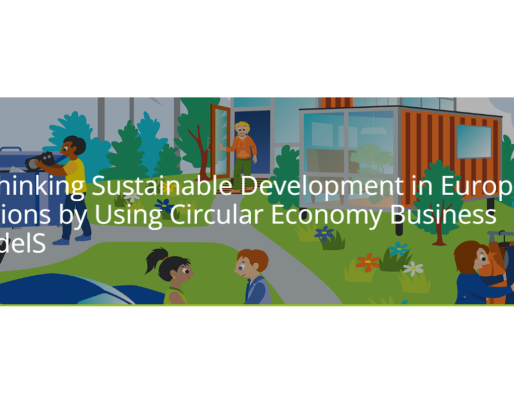REDUCES project

REDUCES project
REthinking Sustainable Development in European Regions by Using Circular Economy Business ModelS
Circular economy changes the methods and revenue models of business. Instead of traditional ownership, consumption is based on the use of services: sharing, leasing and reusing. The new method challenges countries and regions to develop and construct new business models that can be used to respond to the global climate crisis, among other things.
The REDUCES project funded by Interreg Europe aims to identify the best business models in six European regions and to research and critically assess their climate impacts and sustainability. The project covers six European cities and regions: Southwest Finland, Valencia (Spain), Manchester (UK), Utrecht (Netherlands), Maramures (Romania) and Bulgaria.
The project aims to find suggestions for each city or region to guide them towards sustainable circular economy business. The work is based on both interregional and regional collaboration between the partners and the stakeholders. The project will continue until the end of July 2023.
Is a circular economy always sustainable?
In the project, we study whether circular economy business activities are automatically sustainable. The study is based on the five circular economy business models defined by the Finnish innovation fund Sitra and aims to find ongoing methods, corporate examples and projects in line with each model. The business models comprise:
- product as a service
- renewability
- sharing platforms
- product-life extension
- resource efficiency and recycling.
Our objective is to collect the best practices within each of the business models and use them to identify opportunities for better supporting and promoting sustainable circular economy business in the different regions. The result is an action plan for each region to help influence political decision-making processes and promote circular economy business in the region.
Start date: August 2019 - July 2023
Funding: Interreg Europe


